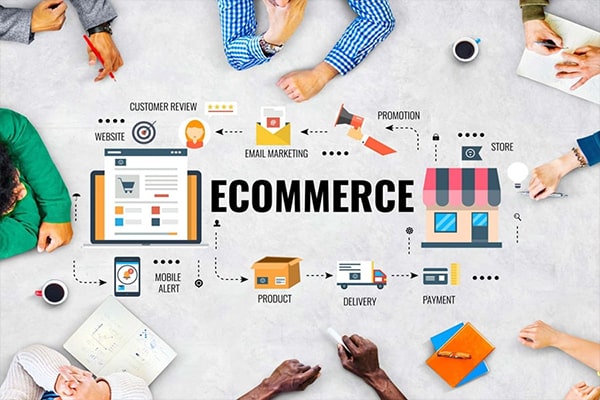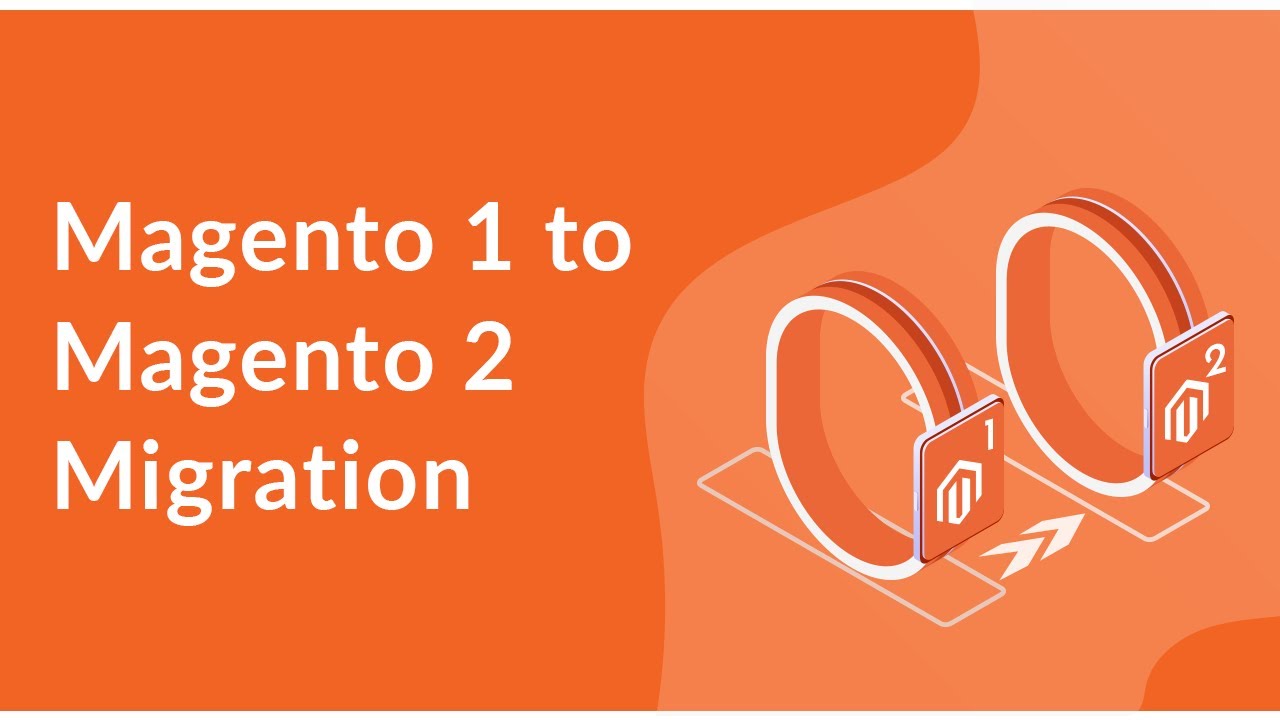What to consider when choosing an ecommerce platform?
In today's digital landscape, selecting the right eCommerce platform for your business is crucial for success. The platform you choose will serve as the foundation for your online store, impacting everything from user experience to scalability and security. With a myriad of options available, it's essential to understand the key factors to consider when making this important decision.
Choosing the right eCommerce platform is akin to establishing a strong foundation for a house. It determines the value your business can derive from a hosting service, and a wrong choice can result in wasted budgets, missed growth opportunities, and additional costs. Conversely, selecting the right platform can lead to a reliable online presence, consistent user experience, rapid lead generation, and increased return on investment (ROI).
Factors to Consider When Choosing an eCommerce Platform
When selecting an eCommerce platform, various aspects come into play, including security, SEO capabilities, responsive website design, scalability, and omnichannel marketing. By carefully evaluating these factors, you can make an informed decision that aligns with your business goals and requirements.

- Security: In an era where privacy and data protection are paramount, ensuring the security of your customers' information is crucial. Look for an eCommerce platform that offers robust security measures, such as SSL certification, fraud prevention, data backups, and PCI compliance. Opting for platforms built on object-oriented programming languages can provide additional security benefits.
- SEO Capabilities: Given that a significant number of online shoppers begin their journey with a search engine, it's essential to choose an eCommerce platform that allows for easy search engine optimization (SEO). Look for features that enable you to optimize URLs, metadata, and content, as well as add blogs and customer reviews to improve your website's visibility in search engine results.
- Responsive Website Design: With a growing number of customers using smartphones throughout their purchase process, adopting a responsive web design is crucial. By choosing an eCommerce platform that supports a responsive design, you ensure that your online store is accessible and user-friendly across various devices, including laptops, smartphones, and tablets.
- Scalability: As your business grows, your eCommerce store should be able to scale accordingly. Even if you're starting with a small store, it's important to select a platform that can accommodate your future growth. Look for scalability features such as flexible hosting options, the ability to handle increased traffic and product catalog expansion, and integration with third-party tools and services.
- Omnichannel Marketing: Omnichannel marketing, which involves leveraging multiple channels to reach and engage customers, is a highly effective strategy. Choose an eCommerce platform that allows you to integrate and manage various sales channels seamlessly. This integration can enhance customer engagement, retention, conversion rates, and revenue by providing a consistent and personalized shopping experience across different touchpoints.
- Evaluating Different eCommerce Platforms: Multiple eCommerce platforms are available in the market, each offering unique features and benefits. Consider these platforms based on their suitability for different business stages and specific requirements.

- New Age D2C Brands Getting Started: If you're a new direct-to-consumer (D2C) brand just starting out, you need an eCommerce platform that offers an easy setup process and essential features. Look for platforms that provide competitive pricing, an intuitive dashboard, free themes, a comprehensive knowledge base, and reliable customer support.
- Traditional Brands/Retailers Moving Online: For established offline brands or retailers venturing into the online space, choose an eCommerce platform that facilitates seamless integration between your online and offline channels. Look for platforms that offer fast setup, offline store integration, robust inventory management capabilities, and reliable customer support. These features will enable you to provide a cohesive shopping experience and efficiently manage your operations across both channels.
- Businesses at the Brink of Scaling: If your online store has experienced significant growth and you're ready to scale your operations, select an eCommerce platform that supports your expansion plans. Look for platforms that offer headless commerce functionality, allowing for faster updates to your storefront. Additionally, prioritize platforms that offer extensive customization options, seamless integration with multiple sales channels, advanced inventory management capabilities, and robust analytics to help you make informed business decisions.
Choosing the Right eCommerce Platform
Choosing the right eCommerce platform is not a one-size-fits-all decision. It requires careful consideration of your current and future needs, as well as the resources available to you. Look for a platform that offers a powerful online storefront, a supportive community, networking opportunities with other industry brands, and access to expert advice and guidance.
While there are many eCommerce platforms available, Shopify stands out as a popular choice for brands across industries. With its user-friendly dashboard, a wide range of plug-and-play apps, and a partner directory for development and design, Shopify has become the backbone of many successful online businesses.
Before committing to a platform, it's advisable to explore other options and conduct thorough research. Taking advantage of free trials and reading case studies can provide additional insights into the experiences of other brands.








